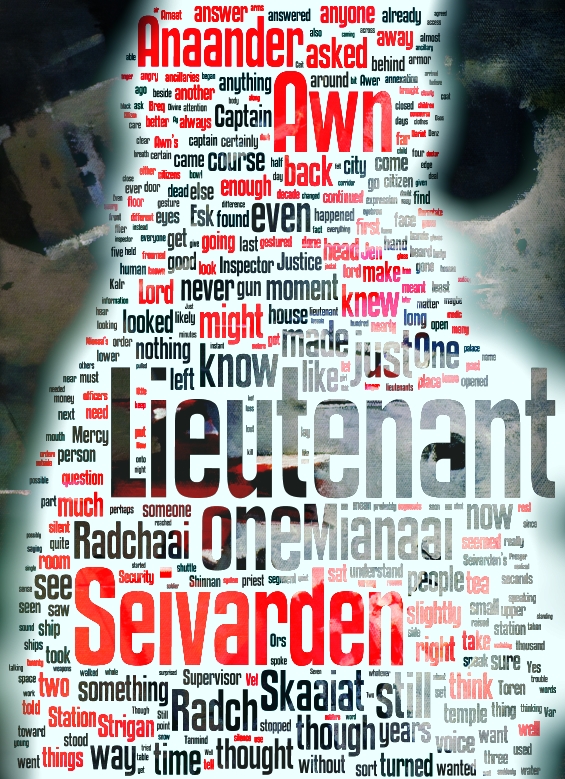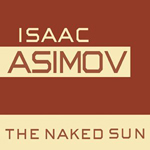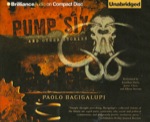
 The SFFaudio Podcast #282 – Jesse, Tamahome, Bryan Alexander, and Julie Davis discuss Ancillary Justice by Ann Leckie.
The SFFaudio Podcast #282 – Jesse, Tamahome, Bryan Alexander, and Julie Davis discuss Ancillary Justice by Ann Leckie.
Talked about on today’s show:
a recent novel, Hugo Award, Nebula Award, a long novel, a genderless society, an absence of vocabulary, a politics-biology-language fusion, a light space opera, a murder mystery, a multi-body perspective, foreshadowing a sequel, confusing historical allusions, empire, imagination, personal story, dialogic, magnetic fiction in space, a puppet-like main character, mysterious actions, an unsatisfactory explanation, slave women, a fight for emancipation, Do Androids Dream of Electric Sheep? by Philip K. Dick, auxiliaries, the story of Spartacus, Roman family bonding, Jane Austen, dystopia, slaves into servants, expected violence, Roman colonization, a distinct approach to human ethics, the Old Testament, old-fashioned faith, short stories, key words, views of reality, spiritual progress, omnipotent deities, reconstructed ancient religions, J.R.R Tolkien, Lieutenant Ahn, Hindu deities, tea, Jo Walton, coffee, Japanese morality, Shintoism, Horrible Histories, Scholastic books, Frank Herbert, religious engineering, Hellstrom’s Hive by Frank Herbert, government religion, Dune by Frank Herbert.

Posted by Jesse Willis










 The Naked Sun (Robots #2)
The Naked Sun (Robots #2)
 Caves of Steel (Robots #1)
Caves of Steel (Robots #1)